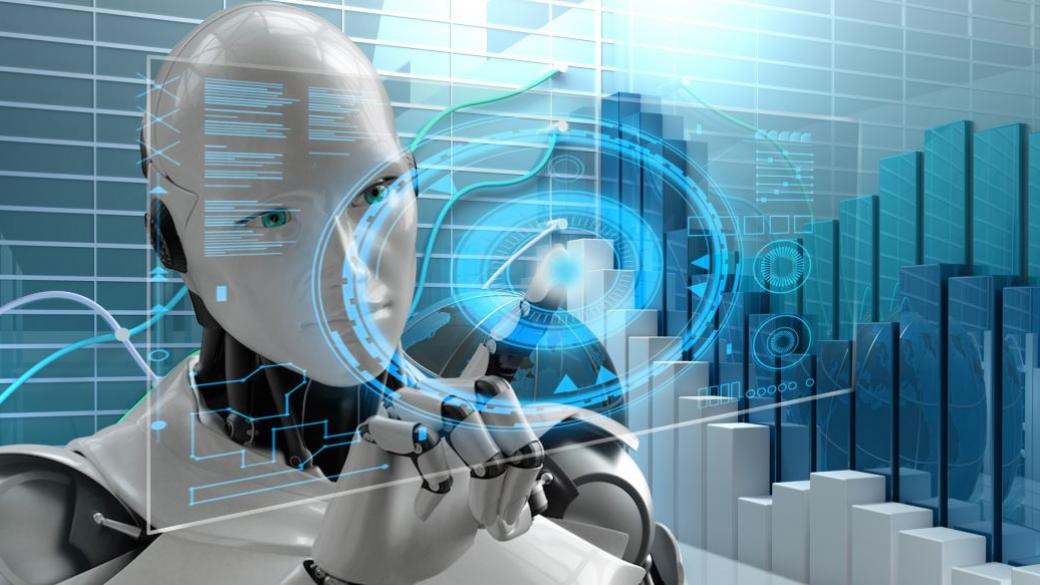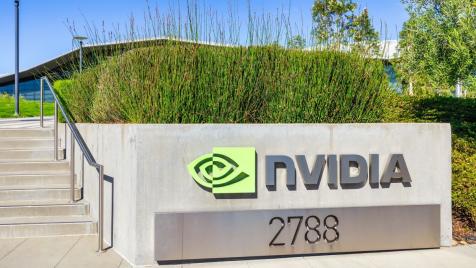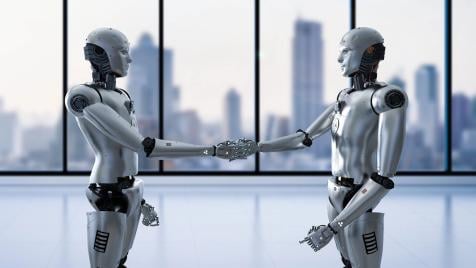On the Day When Machines Will Be Smarter than Us
In Bulgaria, there is no targeted funding for R&D in the area of artificial intelligence and robots

© ECONOMIC.BG / Pixabay
Artificial intelligence and robots – no one can say exactly how much money goes to such developments every year. Small and large teams around the world, science units and entire institutes, military laboratories, and top-secret complexes are competing to create machines smarter than their creators, as well as a superintelligence with immeasurable computational power. In recent years, machines have surpassed people in performing certain intellectual tasks. What is the future we are heading towards?
Care
The Japanese hotel Henn-na (Strange Hotel) in the Nagasaki Prefecture has “fired” some of its robots because they did not perform their duties effectively, Independent reported recently. The hotel describes itself as the first in the world to offer full service by robots. Among the “dismissed from office” devices is the Churi doll. She was present in every hotel room and had to answer the questions of the guests and assist them, but she was struggling with simple inquiries. The reception robots could not do well with the task of scanning passports. In Japan, apart from hotels, robots are used in nursing homes and hospitals, where the “care-robot” finds a wider application. Robots were assigned to assist in the decommissioning of the three reactors at the Fukushima NPP. Japan spends huge resources on research and development. If some machines are imperfect one day, they are out of use, and the next day, others replace them. At this stage, they are not a threat, but questions arise. With regard to speed of processing information, they have undisputed superiority over man, but who can guarantee that artificial intelligence creators work in a way that they do not do a disservice to mankind.
The Cost of Convenience
People are worried more and more that robots
will not only replace them, but will take over the control. Artificial
intelligence unnoticeably conquers many new territories. Very often it remains
invisible, but we use its “work”. It is becoming better and better in
translating to any language. It learns fast, while man doesn’t have the
capacity. Virtual personal assistants, video games, autonomous cars,
cyber-security systems, intelligent home devices, artificial intelligence works
with large databases that the human brain cannot process... Artificial
intelligence is self-learning and getting better. Is this the 21st century
Frankenstein monster?
A Man, not a Robot
It turned out that it was very difficult for robots to make beds without leaving folds. In this, people remain superior for now. In the 1970s, automated car washes were introduced, making a large portion of the staff unnecessary. But ten years ago, they began to disappear, replaced again by people – they do this job faster and cheaper. Automated car washes broke down quickly and needed constant high-quality care that was expensive.
The easiest to take over are middle-class jobs, but not low-paid ones, which are mistakenly referred to as low-skilled labour. Skills are needed, which, for now, are difficult for machines to acquire. Computers cannot easily enter the creative professions. However, the least threatened by the entry of machines are plumbers, where technical dexterity and complex judgement are required. What will save people at the advance of smart machines is flexibility of reaction. For now…
Don’t Panic
“We should not panic because of the development of artificial intelligence, we can always turn it off. It can be very useful in a number of areas where humans cannot compete with it – for example, when processing large databases. Man holds the key to artificial intelligence, and its ethics depends on the program that will be installed. Technically, we are also bio-robots with some intellect. We learn, and if someone teaches us something bad, we become dangerous to others. So is the case with artificial intellect. The fact that something is complicated and cannot be explained in a simple way, should not lead to panic,” urges a Bulgarian team of young programmers with comparatively modest experience in the creation of artificial intelligence. They have not even peeped into secret technology laboratories. That’s why it is easy to say that we will stop the machines if they cross certain ethical limits. But where is the global network switch? The situation with artificial intelligence may be similar. For this reason, the creators of these smarter machines must be responsible for the future they are designing.
Where Are We
Bulgaria is not a reflection of the possibilities and progress of artificial intelligence. What we have to worry about here is the scarce involvement that we have in such a development. It is left to the goodwill of a handful of scientists, who have scant resources, and to enthusiastic young entrepreneurs who, driven by the professional challenge, are looking for ways to self-finance their developments. In Bulgaria, there is no targeted funding for R&D in the field of artificial intelligence and robots because these prospects are underestimated. It is a matter of complicated cooperation between the state, science and business for things to change in the future.
Artificial intelligence is already advancing. It is more dangerous to remain unprepared for the day when machines will be smarter than us.





















